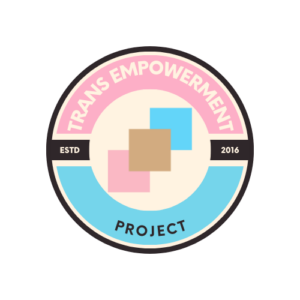by Mo Viviane
In today’s rapidly evolving workspaces, it’s essential for employers to prioritize diversity and inclusion within their organizations. Fostering a supportive and equitable workspace for all employees, including disabled queer, trans, and intersex people of color (QTIBIPOC), leads to an environment that enables everyone to succeed.
You can implement policies and support systems that specifically address the needs of disabled QTIBIPOC employees, and create a solid foundation for a thriving, accessible workplace.
Here are three strategies your organization can consider to build equity for disabled QTIBIPOC employees:
1. Comprehensive Training & Education for All Staff
To create a culture of inclusion, it’s important to educate ALL staff on the unique perspectives and experiences of disabled QTIBIPOC workers. Implement training programs that cover:
- Understanding intersectionality and its impact on disabled QTIBIPOC employees
- Unconscious bias and how it affects disabled QTIBIPOC in the workplace
- Effective communication and allyship methods for supporting disabled QTIBIPOC co-workers
2. Implement Inclusive & Accessible Hiring Practices
Your organization’s hiring practices greatly impact the diversity of your team. Foster an inclusive recruiting process by:
- Actively seeking and recruiting disabled QTIBIPOC candidates
- Providing accessible formats for job applications and interviews, such as large print, video interviews, and sign language interpreters
- Encouraging the inclusion of disabled QTIPOC individuals in recruitment materials, emphasizing that they are valued and welcome
3. Develop Supportive Policies & Benefits
Ensure that your organizational policies and benefits cater to the needs of disabled QTIBIPOC employees:
- Offering flexible work schedules and remote work options, accommodating various conditions and disabilities
- Providing comprehensive health insurance that covers both physical and mental health needs, including gender-affirming procedures when applicable
- Establishing Employee Resource Groups (ERGs) specifically focused on supporting disabled QTIBIPOC employees, fostering a community where they feel heard, understood, and respected
By implementing these strategies, organizations can create more inclusive workspaces for disabled QTIBIPOC employees, promoting diversity and equity within the workplace and beyond.

